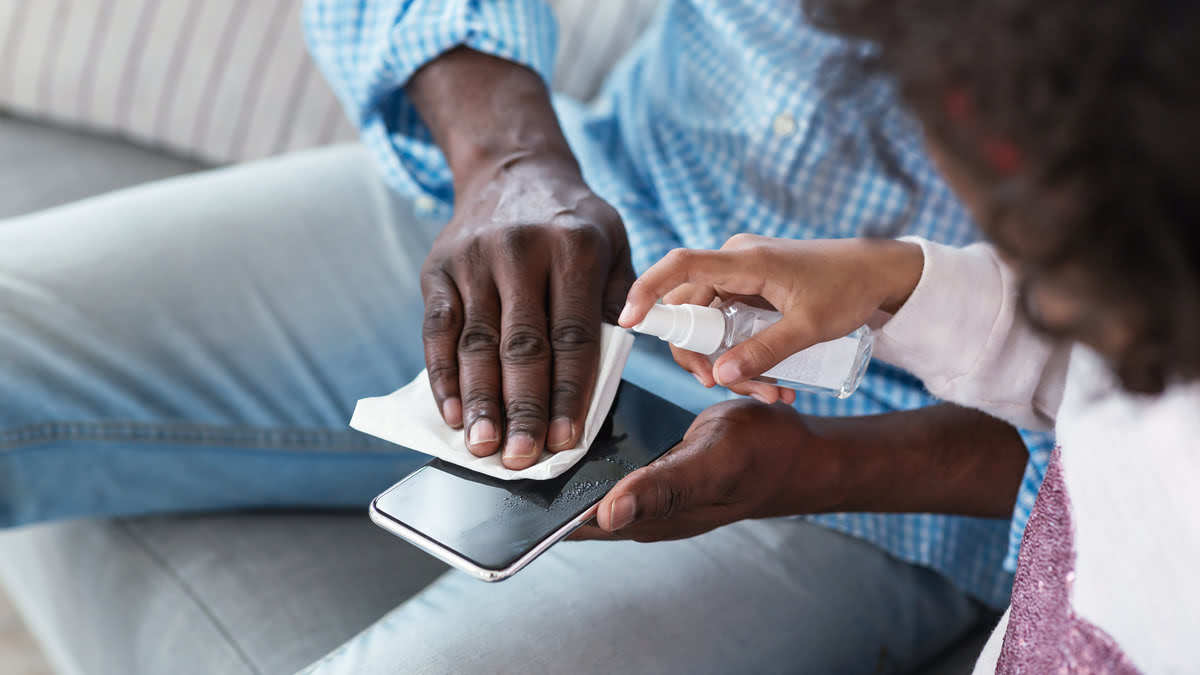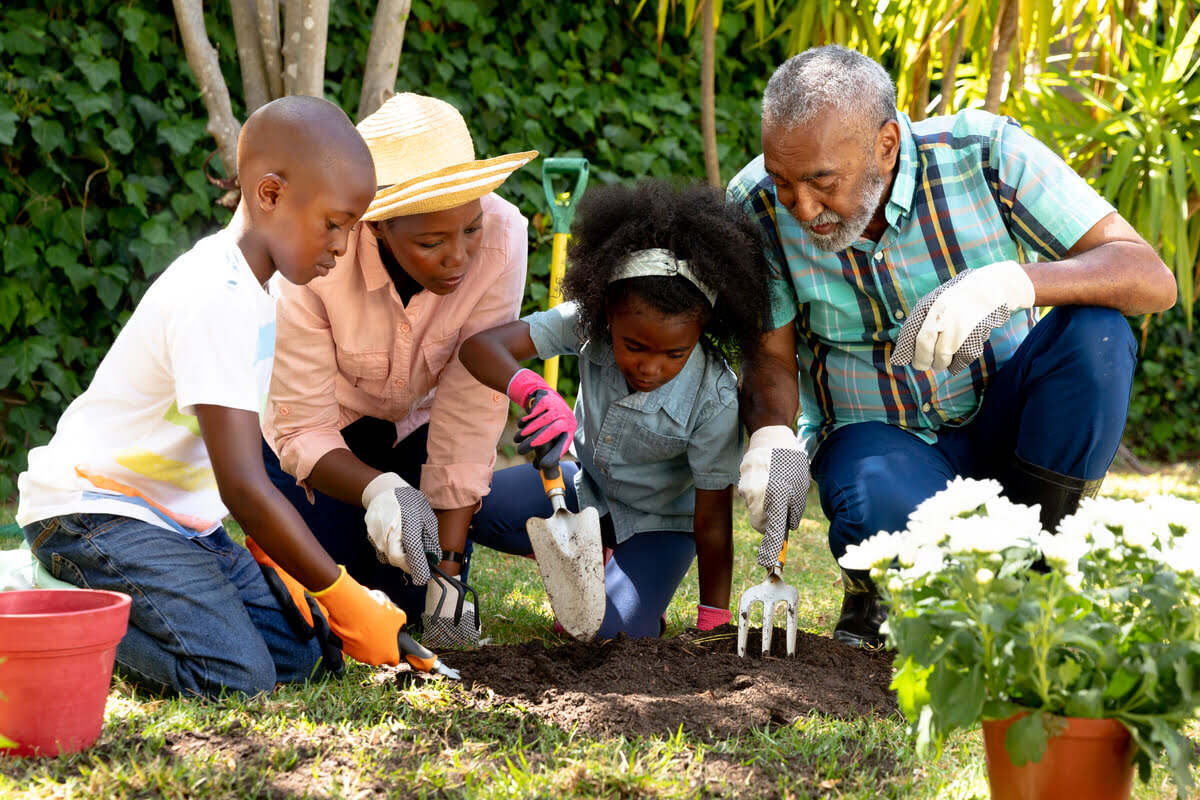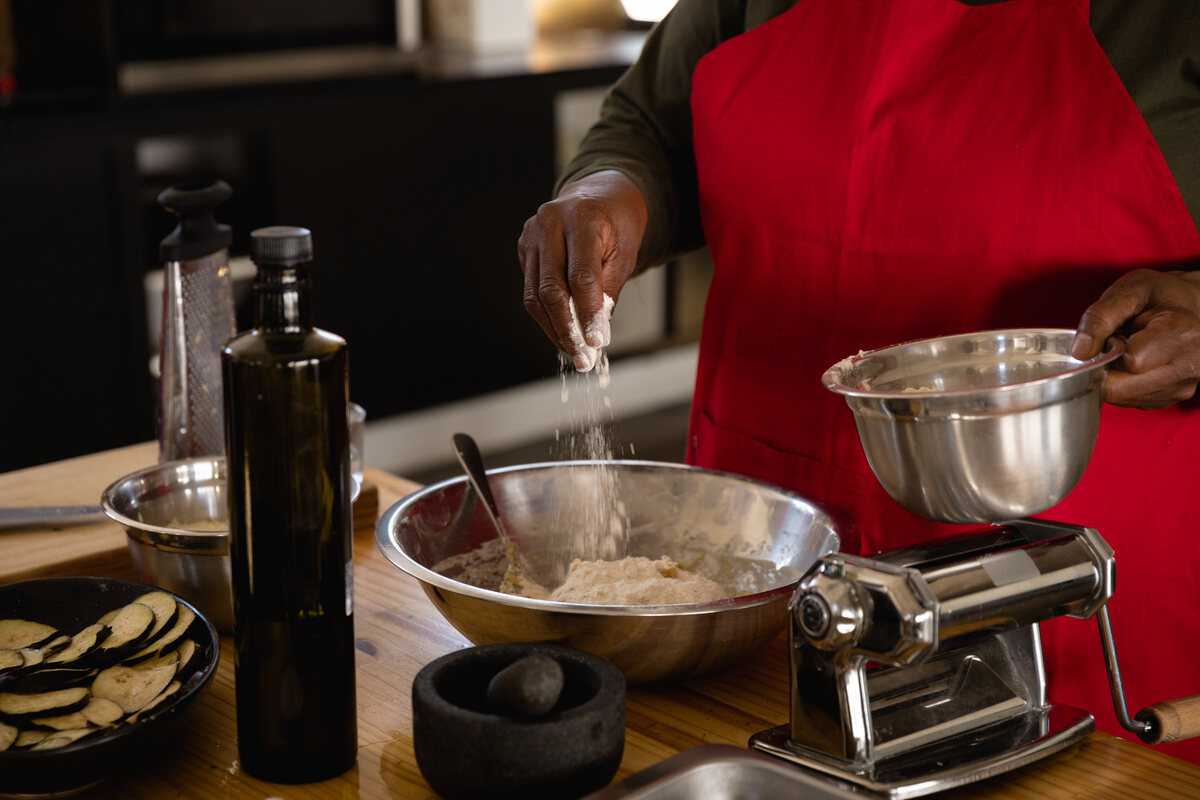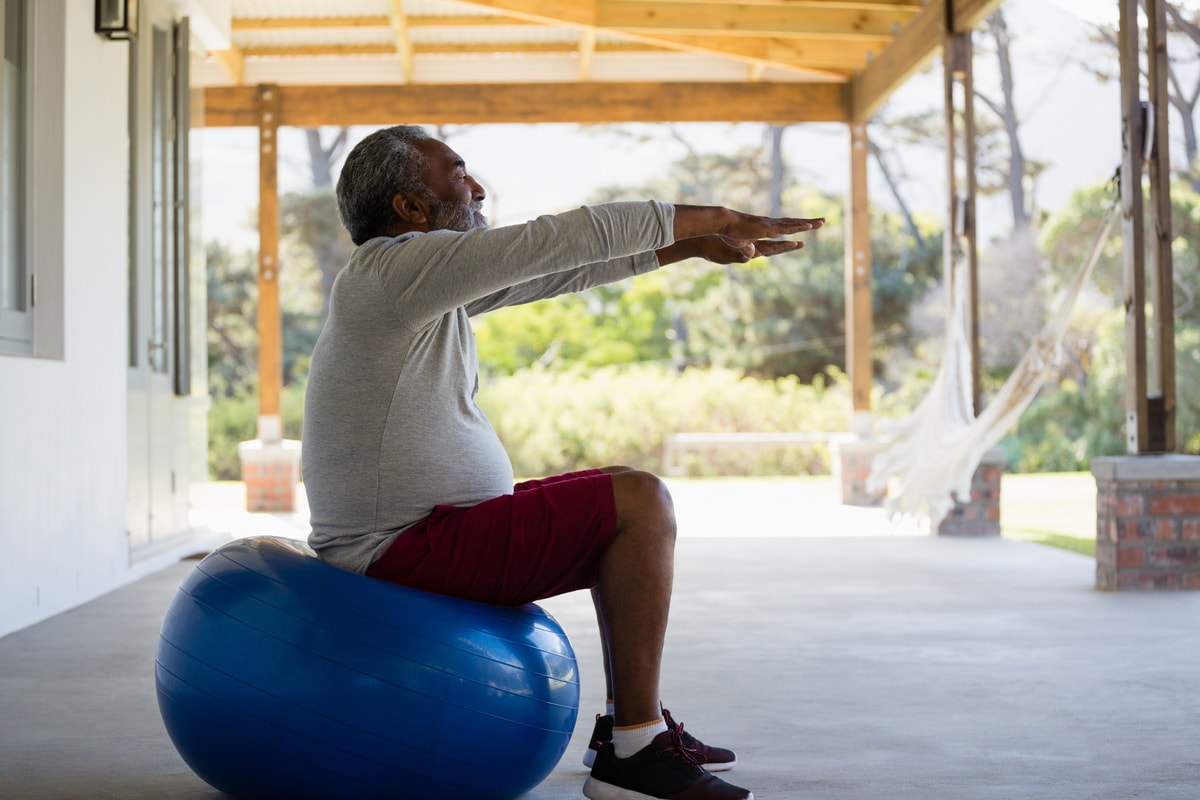As we begin Breast Cancer Awareness Month, we want to take a moment and help all those new to the caregiving world.
Caregiving is a wonderful and fulfilling role, but it comes with its hardships. That being said, we’ve put together a list of easy tips and helpful advice for new caregivers who will be working closely with patients diagnosed with cancer.
In solidarity with Breast Cancer Awareness Month, here are 5 tips for new caregivers:
1. Don’t Be Afraid to Talk About It
Breast cancer is not taboo.
In fact, one of the best ways to help cancer patients, past and future, is to talk about breast cancer and raise awareness. By openly discussing breast cancer, you remove the stigmas that dance around it. You allow men and women to feel comfortable asking questions and getting tested. You give victims and survivors an opportunity to share their stories and emotions. And, you offer knowledge and insight to those who would otherwise go unaware.
In a sense, talking about breast cancer is almost just as important as any treatment could be.
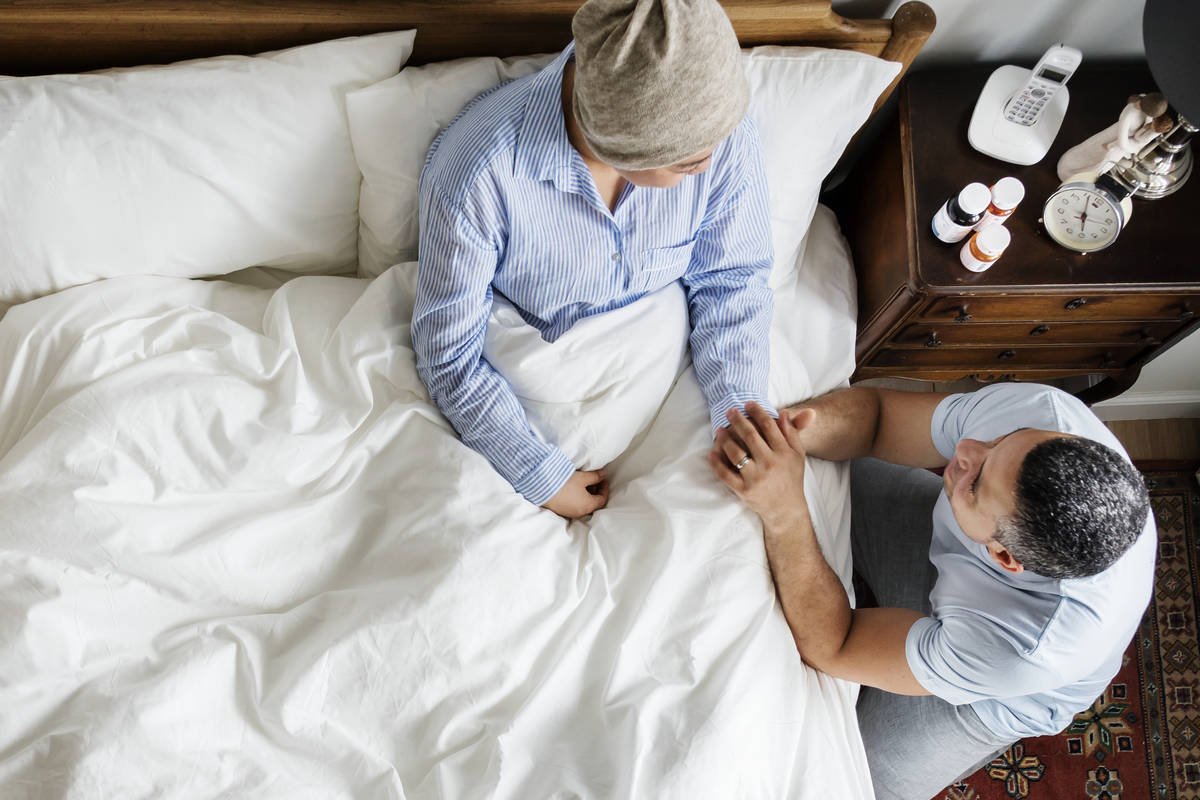
2. Brush up on Your Facts
The medical industry is constantly publishing new research and documentation. Reading these findings and staying up-to-date on the latest breast cancer news can help you better serve your seniors. Knowing the facts will enable you to make informed decisions in regard to your seniors’ health care, as well as allow you to have constructive conversations with your seniors about breast cancer.
It’s also wise to brush up on the basic facts regarding breast cancer (what it is, preventative care, treatment, etc.), so that you can feel comfortable answering your seniors’ questions on the topic.

3. Ask for Guidance When Needed
Sometimes you just need an outside opinion or new perspective. There’s no shame in that. Even the most experienced medical professionals ask advice from one another. Because, at the end of the day, we’re all in this together.
If you’re feeling uncertain or unsure, never be afraid to ask for help. Reach out to other medical professionals in the field, caregivers, or experienced friends for a little advice and guidance.

4. Separate Your Emotions
Make sure you’re taking your own emotional health into account.
As a caregiver, it’s all too easy to get swept up in the emotions of those you care for. And, sometimes those emotions are extremely intense.
For that reason, it’s important to listen to your seniors and understand what they are going through, but do not let their pain become yours. Know where your emotions end and where your seniors’ emotions begin.
Sympathizing without taking on another’s emotions is a skill that often comes with years of practice. So, if you’re feeling overwhelmed, the best thing to do in the beginning is give yourself a little break – a morning, an afternoon, or a day off. And, be sure to remind yourself of the wonderful work you are doing as a caregiver.
Join our caregivers’ team, contact us today! 215-925-3828




